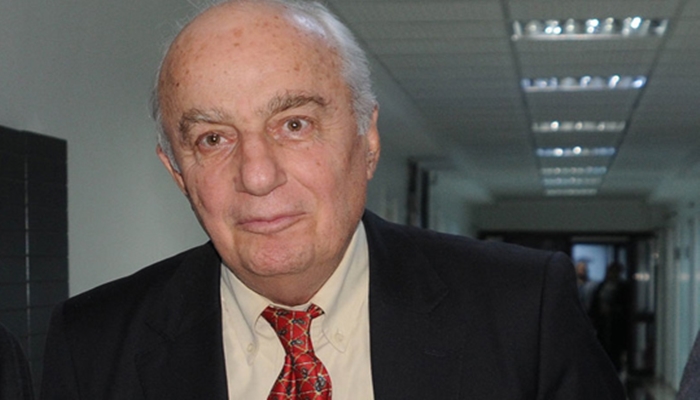Turkish authorities have refused to postpone the execution of the life sentences handed down to seven defendants in a case in which 14 retired generals were convicted on coup charges for their role in a military intervention in 1997, local media reported on Monday.
A local court in August issued arrest warrants for the 14 retired generals after the Supreme Court of Appeals upheld their life sentences for their participation in the post-modern coup of February 28, 1997.
Seven of the defendants, including then-Deputy Chief of General Staff Çevik Bir and then-General Staff Operations Chief Çetin Doğan, applied to the Institute of Forensic Medicine to have their sentences postponed due to their advanced age and health problems.
However, the İstanbul Institute of Forensic Medicine issued a report saying the retired generals were fit to serve their sentences since they “don’t have any physical or psychological diseases that could prevent them from being in prison,” according to local media reports.
The case tackles the infamous military intervention of Feb. 28, 1997, which did not result in direct military rule but forced the late Prime Minister Necmettin Erbakan to resign after the National Security Council (MGK) issued a memorandum claiming that there was rising religious fundamentalism in the country.
The bloodless “postmodern” coup is famous for having deposed the head of government after tanks paraded on the outskirts of Ankara and Erbakan was given an ultimatum.
Because the Islamist Erbakan-led government was forced out without the dissolution of parliament or the suspension of the constitution, the event was labeled a “postmodern coup” by members of the military involved in the process.
Erbakan resigned four months later, while his conservative Welfare Party (RP) and its successor, the Virtue Party (FP), were both banned by the Constitutional Court in January 1998 and June 2001, respectively. Erbakan, who died in 2011, pioneered Islamist politics in Turkey, a Muslim country with a secular state system, paving the way for the later success of current President Recep Tayyip Erdoğan’s Justice and Development Party (AKP). Erdoğan was also involved in politics under Erbakan’s party and was elected mayor of İstanbul in 1994.
Turkey saw violent coups in 1960 and 1980, but under Erdoğan, who survived an abortive putsch in 2016, the political strength of the military has been drastically curtailed.

